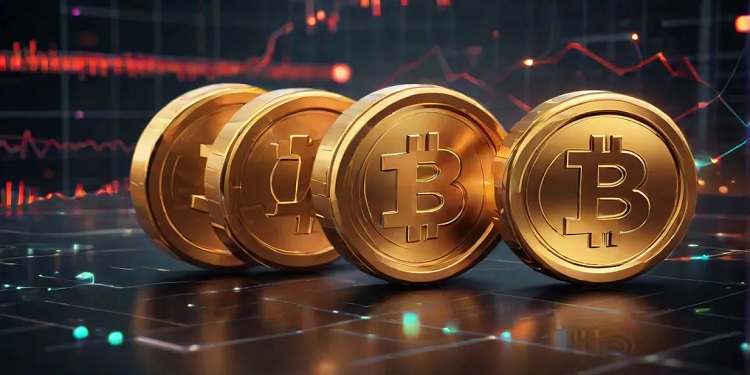Singapore-based Partior has successfully completed a proof of concept (PoC) for foreign exchange (FX) payment versus payment (PvP) settlement using its blockchain network. This milestone involved significant contributions from co-founders JP Morgan and DBS Bank, as well as Mizuho, Japan’s third-largest bank. Partior already offers a production solution for rapid 24/7 cross-border payments through correspondent banks. Other founders of Partior include Standard Chartered and Temasek.
Importance of PvP Settlement
PvP settlement plays a crucial role in FX transactions by ensuring both currency legs are exchanged simultaneously, thereby eliminating settlement risk. This method, known as atomic settlement in Distributed Ledger Technology (DLT) terms, is essential for mitigating potential financial losses. Globally, most FX transactions are centrally settled through CLSSettlement, which processed $6.6 trillion in FX payment instructions daily in 2023, with a peak of $16.3 trillion in December. However, CLSSettlement supports only 18 currencies, and its DLT netting solution, CLSNet, does not provide PvP settlement.
A 2019 report by the BIS Committee on Payments and Market Infrastructures (CPMI) indicated a decline in PvP coverage from 50% to less than 40% between 2006 and 2019, partly due to the increasing role of emerging markets. Additionally, a 2019 survey suggested a potential daily loss risk of $2.8 trillion, with countries like the UK, Hong Kong, and Singapore facing potential losses exceeding their combined supervisory capital.
Details of Partior’s PoC
Partior’s recent trials specifically addressed settlement risk for both emerging market and advanced economy currencies. The solution supports 24×7 real-time atomic settlement and offers same-day value trades for those not opting for immediate settlement. Partior plans to launch this solution later in the year. By automating settlement matching through smart contracts, Partior aims to reduce operational risks and costs while unlocking new business opportunities, especially across EMDE (Emerging Markets and Developing Economies) currencies, as noted by Kelvin Tan, DBS Head of Innovation for Global Financial Markets.
Other DLT PvP Solutions
Several other DLT-based PvP solutions are already in use at scale. Between 2018 and early 2024, HSBC’s FX Everywhere settled 16 million FX trades worth more than $8 trillion using Baton System’s Core FX solution, which Wells Fargo also employed. In March 2024, Baton signed a deal for the solution to be operated by OSSTRA, the post-trade joint venture between S&P Global and CME Group.
Another notable company in this space is Fnality, a joint venture among 20 institutions. Despite facing delays in obtaining a UK license, Fnality aims to operate a shared settlement system with a settlement token backed by central bank deposits. To enable PvP, it requires clearance from additional central banks and is targeting the US and Europe, though it is unlikely to address emerging markets in the near term.
The Future of PvP with Partior
With the successful PoC, Partior is well-positioned to capitalize on the growing need for efficient and secure FX settlements, particularly in emerging markets. As it prepares to launch its solution later this year, Partior’s advancements in blockchain technology hold promise for enhancing financial inclusion and fostering economic growth in the region.
In summary, Partior’s blockchain-based PvP settlement solution marks a significant advancement in the FX market. By leveraging DLT to provide real-time atomic settlements, Partior addresses critical settlement risks, especially in emerging markets. The company’s focus on automating settlement processes through smart contracts aims to reduce operational risks and costs, thereby opening new business opportunities. As Partior gears up to launch its solution, it stands to significantly impact the efficiency and security of FX transactions, promoting greater financial inclusion and economic development globally.
